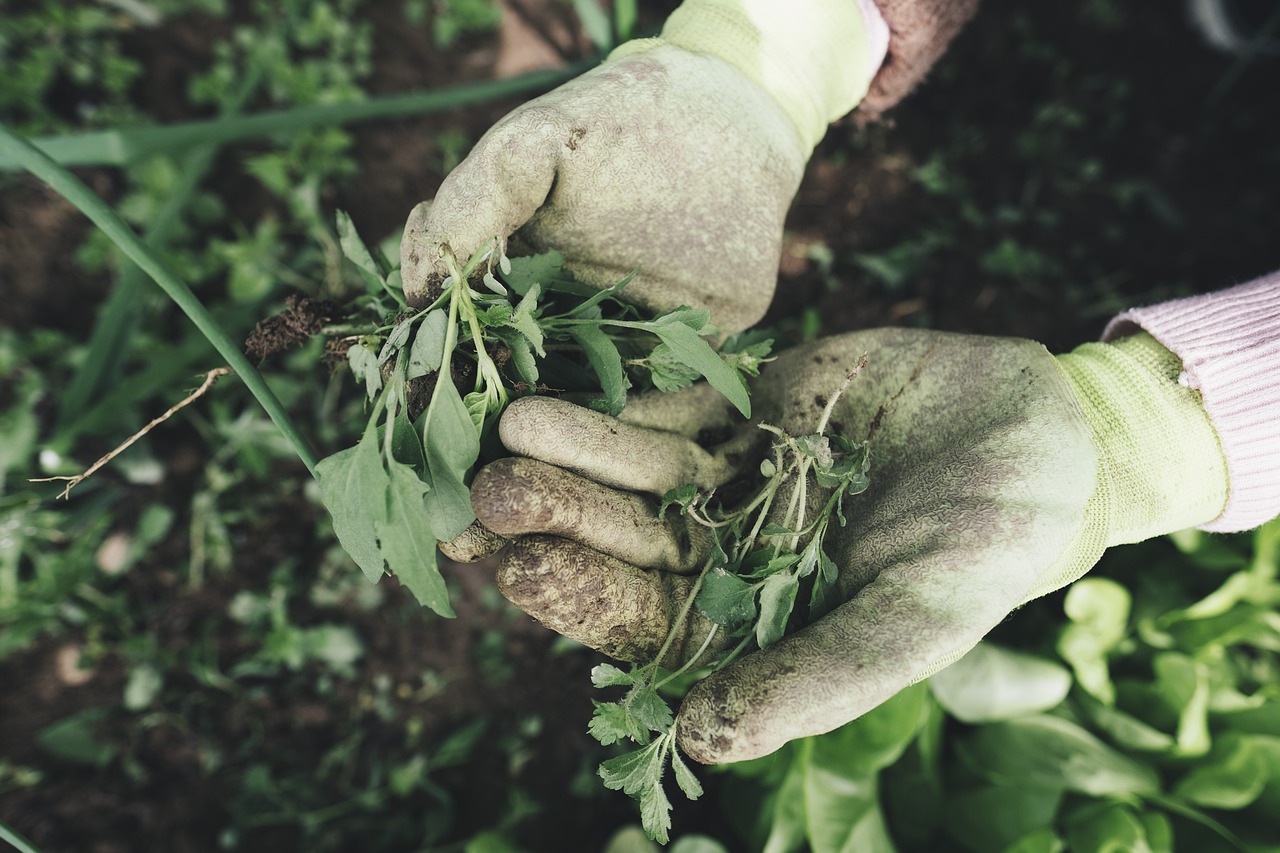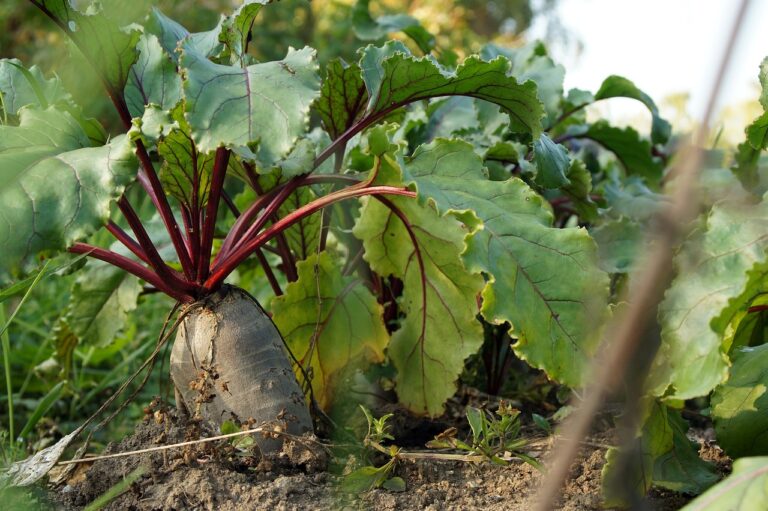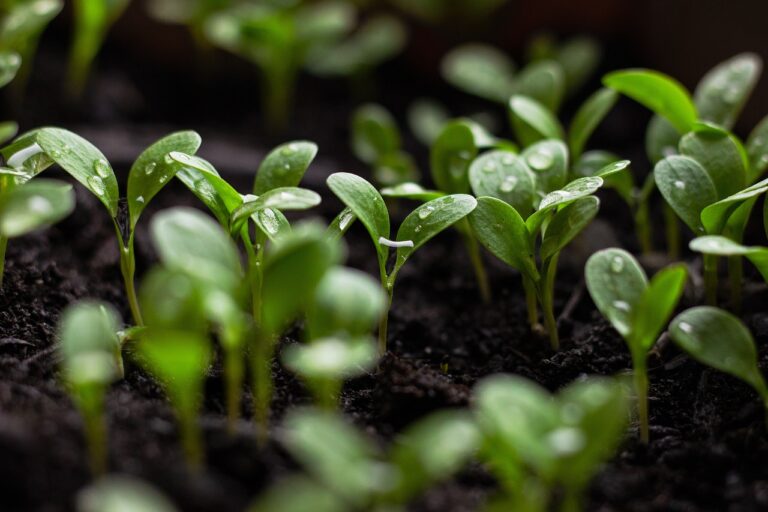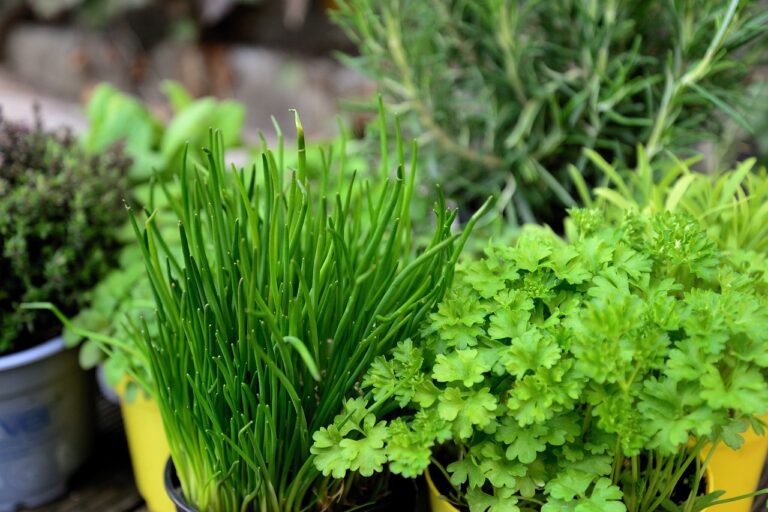The Benefits of Organic Gardening: Cultivating Health and Sustainability

Organic gardening is a method of growing plants without the use of synthetic fertilizers, pesticides, or genetically modified organisms (GMOs). Instead, it relies on natural processes and materials to nurture soil health and plant growth. Embracing organic gardening offers numerous benefits for your health, the environment, and the overall ecosystem. Here are five key benefits of organic gardening:
Improved Soil Health and Fertility
One of the primary benefits of organic gardening is the improvement of soil health and fertility. Organic gardening practices focus on building and maintaining healthy soil through the addition of organic matter, such as compost, manure, and cover crops. These materials enrich the soil with essential nutrients, improve its structure, and increase its ability to retain moisture.
Healthy soil supports robust plant growth, enhances root development, and reduces the need for synthetic fertilizers. The presence of beneficial microorganisms, earthworms, and other soil organisms is also promoted, which helps decompose organic material and recycle nutrients, creating a self-sustaining soil ecosystem.
Healthier and Tastier Produce
Organic gardening results in healthier and tastier produce. By avoiding synthetic pesticides and fertilizers, organic gardeners grow fruits, vegetables, and herbs that are free from harmful chemicals. This leads to safer foods for you and your family, reducing the risk of exposure to pesticide residues and chemical additives.
Many gardeners and consumers believe that organically grown produce tastes better than conventionally grown counterparts. The emphasis on natural soil health and plant nutrition can enhance the flavor, texture, and nutritional content of fruits and vegetables, resulting in more delicious and nutrient-dense foods.
Environmental Sustainability and Biodiversity
Organic gardening practices promote environmental sustainability and biodiversity. By eliminating synthetic chemicals and focusing on natural methods, organic gardening reduces pollution, conserves water, and preserves the integrity of ecosystems. Here are some ways organic gardening benefits the environment:
- Reduced Chemical Runoff: Organic gardening avoids the use of synthetic pesticides and fertilizers, reducing the risk of harmful chemical runoff into waterways and the surrounding environment.
- Water Conservation: Organic practices like mulching and composting improve soil structure and water retention, reducing the need for excessive irrigation and conserving water resources.
- Biodiversity: Organic gardens often feature a diverse range of plants, promoting a healthy ecosystem that supports beneficial insects, pollinators, and wildlife. This biodiversity can create a balanced environment that naturally controls pests and diseases.
Enhanced Pollinator and Wildlife Habitats
Organic gardens provide vital habitats for pollinators and other beneficial wildlife. Pollinators, such as bees, butterflies, and hummingbirds, play a crucial role in the reproduction of many plants, including those that produce fruits and vegetables. By creating an organic garden with diverse flowering plants, you can support these important creatures and contribute to the health of the overall ecosystem.
In addition to pollinators, organic gardens offer refuge and food for birds, beneficial insects, and other wildlife. Incorporating native plants, providing water sources, and avoiding harmful pesticides create a welcoming environment for wildlife, enhancing biodiversity and ecological balance.
Reduced Carbon Footprint
Organic gardening can help reduce your carbon footprint and contribute to combating climate change. Organic gardening practices, such as composting, mulching, and using cover crops, enhance soil carbon sequestration. By capturing carbon in the soil, organic gardening reduces the amount of carbon dioxide in the atmosphere.
Furthermore, organic gardens often rely on locally sourced materials and inputs, reducing the need for transportation and minimizing the use of fossil fuels. Growing your own food organically also reduces the carbon emissions associated with the production, packaging, and transportation of conventionally grown produce.
In conclusion, organic gardening offers numerous benefits, including improved soil health and fertility, healthier and tastier produce, environmental sustainability and biodiversity, enhanced pollinator and wildlife habitats, and a reduced carbon footprint. By embracing organic gardening practices, you can cultivate a thriving garden that supports your health, the environment, and the overall ecosystem. Happy organic gardening!






